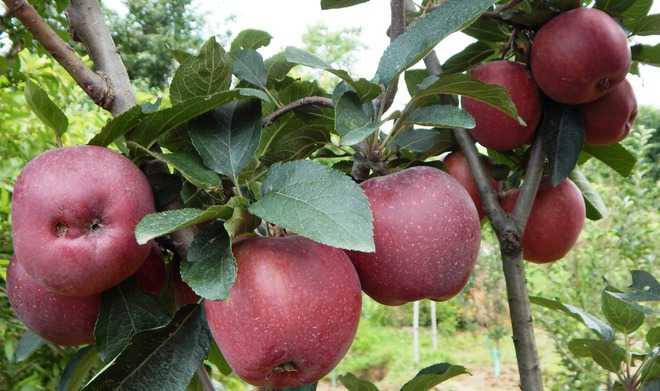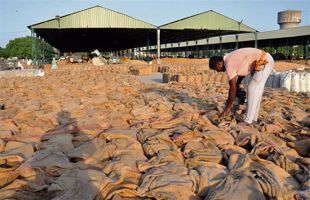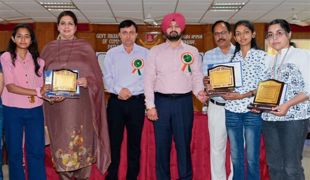
As travellers journeyed east and west along the Silk Road, trading their goods and ideas, they brought with them hitchhiking apple seeds, discarded from the choicest fruit they pulled from wild trees, researchers said.
New York, August 16
The modern juicy, crisp apples originated in a mountainous region of Kazakhstan, according to a study which reveals a surprising two-way journey on the Silk Road for one of the world’s most popular fruits.
As travellers journeyed east and west along the Silk Road, trading their goods and ideas, they brought with them hitchhiking apple seeds, discarded from the choicest fruit they pulled from wild trees, researchers said.
This early selection would eventually lead to the 7,500 varieties of apple that exist today, they said.
Researchers, including those at Boyce Thompson Institute (BTI) in the US, sequenced and compared the genomes of 117 diverse apple accessions, including M domestic and 23 wild species from North America, Europe, and East and central Asia.
“We narrowed down the origin of domesticated apple from very broad central Asia to Kazakhstan area west of Tian Shan Mountain,” said Zhangjun Fei, professor at BTI.
Researchers discovered that the first domesticated apple had travelled to the east, hybridising with local wild apples along the way, yielding the ancestors of soft, dessert apples cultivated in China today.
“We pointed out two major evolutionary routes, west and east, along the Silk Road, revealing fruit quality changes in every step along the way,” Fei said.
Researchers also found that as the apple travelled west along the Silk Road in the hands of travellers, trees grew from dropped seeds and crossed with other wild apple varieties, including the incredibly sour European crabapple.
They found that M sylvestris has contributed so extensively to the apple’s genome that the modern apple is actually more similar to the sour crabapple than to its Kazakhstan ancestor, M sieversii.
“For the ancestral species, Malus sieversii, the fruits are generally much larger than other wild apples. They are also soft and have a very plain flavour that people do not like much,” said Yang Bai from BTI.
The hybridisation between ancient cultivated apples and M sylvestris, followed by extensive human selection, gave us new apples that are larger and fuller in flavour, and with a crispy firmness that gives them a longer shelf life, researchers said.
“The modern domesticated apples have higher and well-balanced sugar and organic acid contents. That is how the apple started to become a popular and favoured fruit,” Bai said.
The study was published in the journal Nature Communications. PTI



























